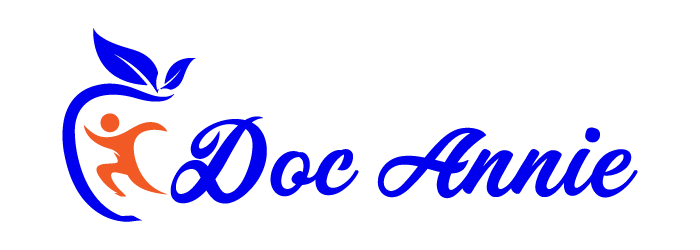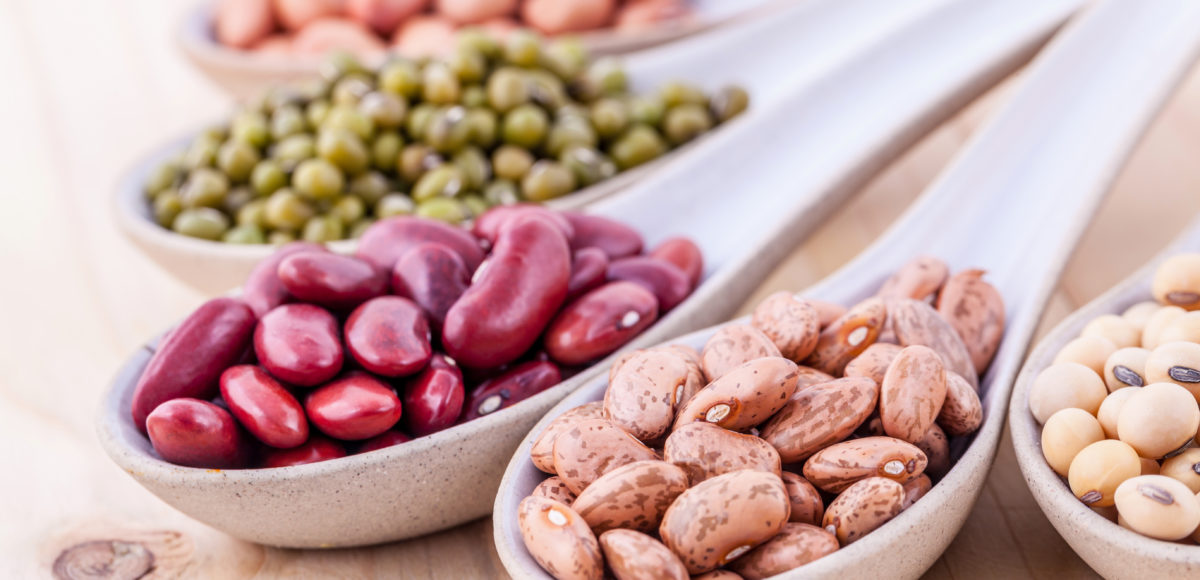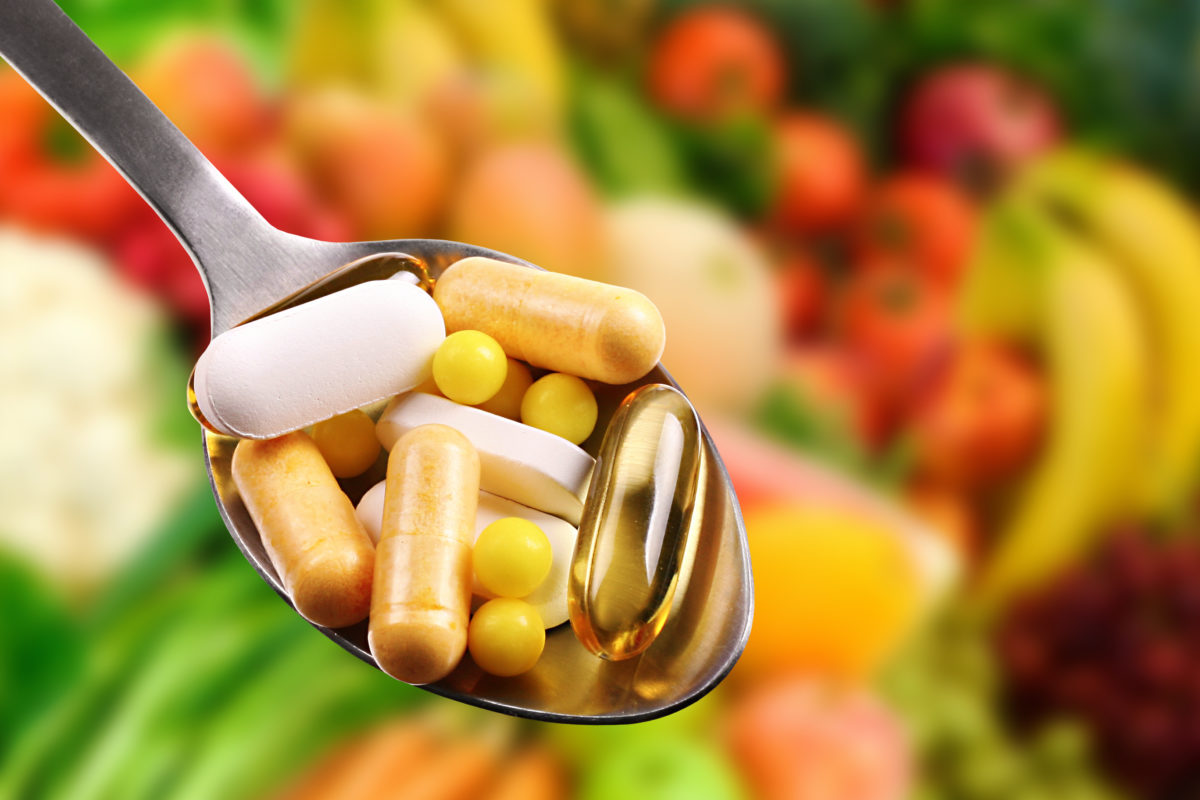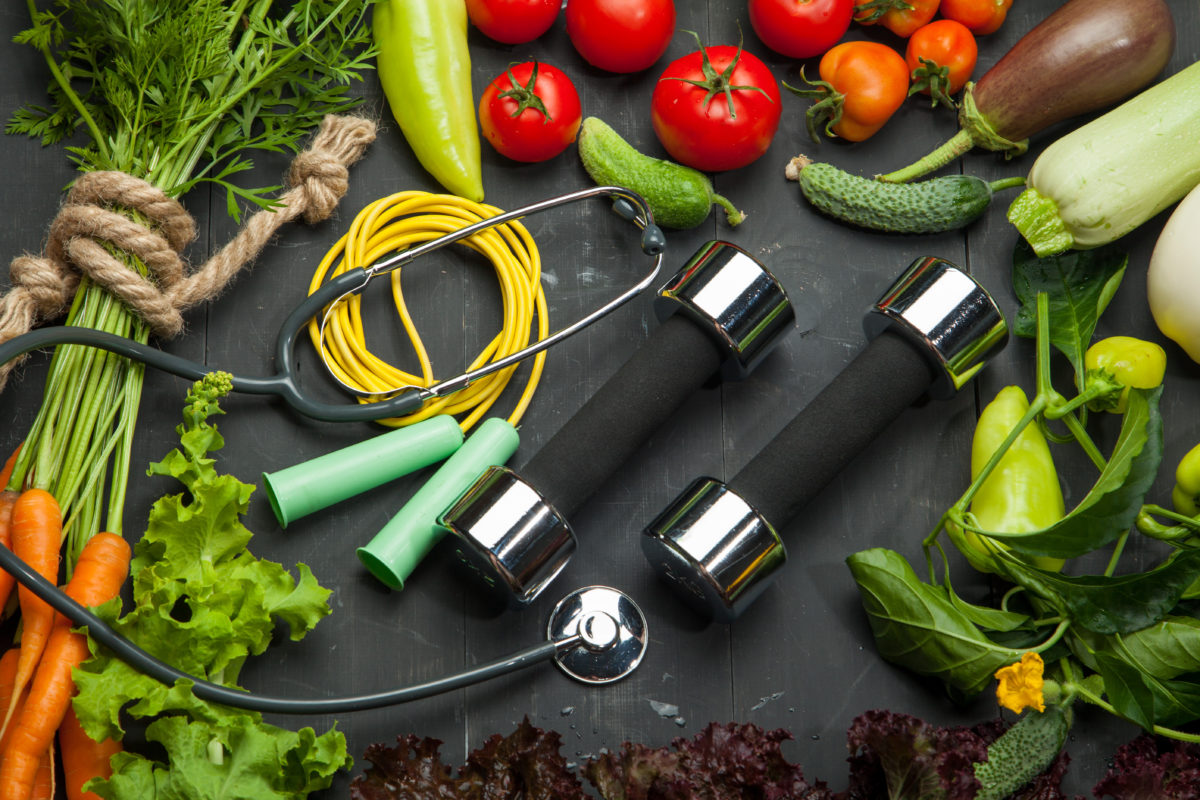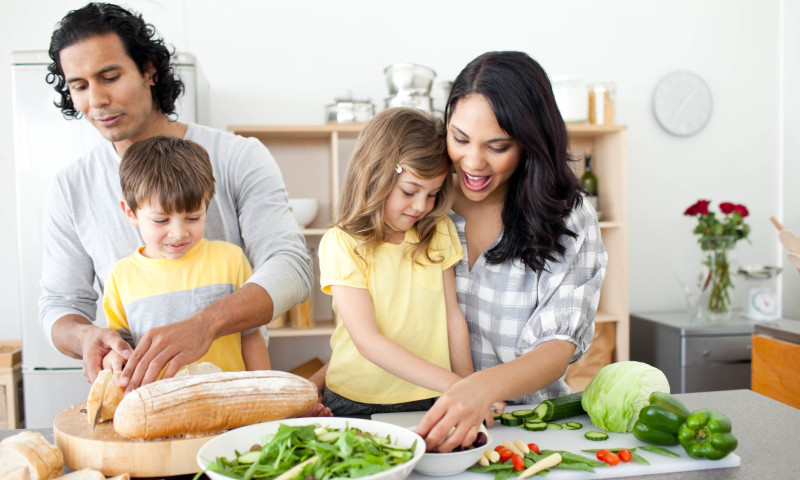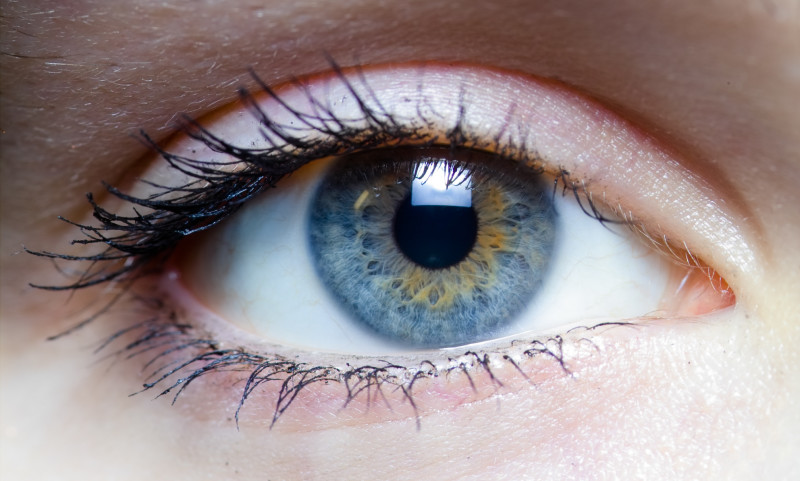…and so much more!
Beans are the real deal—a whole food, packed with nutrients that do wonders for our hearts, bones, digestive system, and beyond. They are found everywhere and they don’t cost a lot. So, let’s take advantage of this superfood!
Why are beans a superfood? My favorite reasons are below:
1, Protein: they’re packed with it! Most beans can supply the full complement of amino acids—the building blocks of protein and in turn muscle!
In fact, if you’re a vegetarian, beans in many varieties are your main source of protein. Just one cup of beans can supply almost 20 grams of plant-based protein! Your muscles will squeal in delight!
2. Carbohydrates: the “good” kind. The carbs in beans and legumes keep our blood sugar levels steady without dangerous spikes. That means we have sustained energy after eating them without the inevitable plummeting sugar levels that leave us tired and cranky. What’s more, these carbs are ideal for staving off diabetes.
3, Fiber: The fiber in beans keep us full longer and keep things moving well digestively. Most beans have both soluble and insoluble fiber, in varying proportions. We don’t have to repeat how good fiber is for us do we? Whether it’s for weight loss or cancer prevention, fiber is key!
Recommendations for fiber are 25-35 grams/day, yet most Americans only take in a mere 10-15 grams daily. Just a half a cup of cooked kidney beans gives you 8 grams of fiber!
4. Vitamin B3 (Niacin): Heart healthy! – Just like the fiber in beans keeps things moving in our gut, beans keep our arteries unclogged! They don’t have cholesterol, and the fat they do contain is the heart healthy kind. The American Heart Association recommends beans as part of a plant-based diet. I couldn’t agree more.
5. Antioxidants: The magic ingredient in any healthy diet! Antioxidants protect our cells and our DNA from all the things constantly trying to damage them – sun, toxins and “bad for you” foods. Beans have this in the form of “Quercetin,” a potent anti-inflammatory antioxidant linked to staving off arthritis and memory loss with age. It also has anti-histamine properties and helps congestion during allergy season!
6. Vitamins and Minerals: so many that are vital to our health are naturally occurring in beans:
7. Iron we all know is important for oxygen delivery in the body via red blood cells; Zinc for our skin, hair and our body’s ability to repair itself; Calcium for our bones; Vitamin C for our immunity; Magnesium for blood pressure control as well as its role in preventing migraines; and Vitamin B6 with its role in brain function and memory are just a few to name. They’re also packed with Folate, which is so important on a cellular level and for heart health.
Here are some of my top choices for getting beans and legumes into my daily diet. Fair warning – if you aren’t used to packing in a lot of fiber from these sources, do so slowly! You’re begging for digestive issues like gas and bloating if you go from a low fiber to high fiber diet too quickly. Do it gradually!
Beans:
- Kidney beans- most fiber – sprinkle on a salad
- Green beans – packed with anti-inflammatory quercetin
- Chick peas – protein and good fat – make some hummus! Or buy it!
- Garbanzo, pinto and navy beans can be “hidden” in a kid’s sandwich or pita wrap !
And don’t forget the legumes!
Wait, what exactly is a legume? Legumes are the larger group–defined as a class of vegetables that includes beans, peas, lentils, and peanuts too (because they are in a pod.)
Legumes are the best vegetarian source of iron! A lentil soup in the winter keeps your iron levels up, packs protein into your day, and is very filling! I will have my family snack on peanuts still in the pod–it is a heart healthy form of protein, fills us all up, and you can’t eat them too fast if you’re de-shelling them!
What’s great about getting beans into your diet is you don’t have to love cooking or even have the time for it. I purchase canned beans in low or no salt–if you buy them in salt be sure to rinse them well in a colander first. After opening the can, just toss them in your salad, soup, or stirfry. They go well in a blender too if you want to make a dressing or even add some into your daily shake!
The Mayo Clinic’s has shared some great bean recipes here. I’m not a chef by any means, but I think I could follow these recipes. Remember, when in doubt just open the can, rinse, and toss them in!
Do you have some recipes or tricks for getting beans and legumes into your diet? Please share!
 English
English French
French German
German